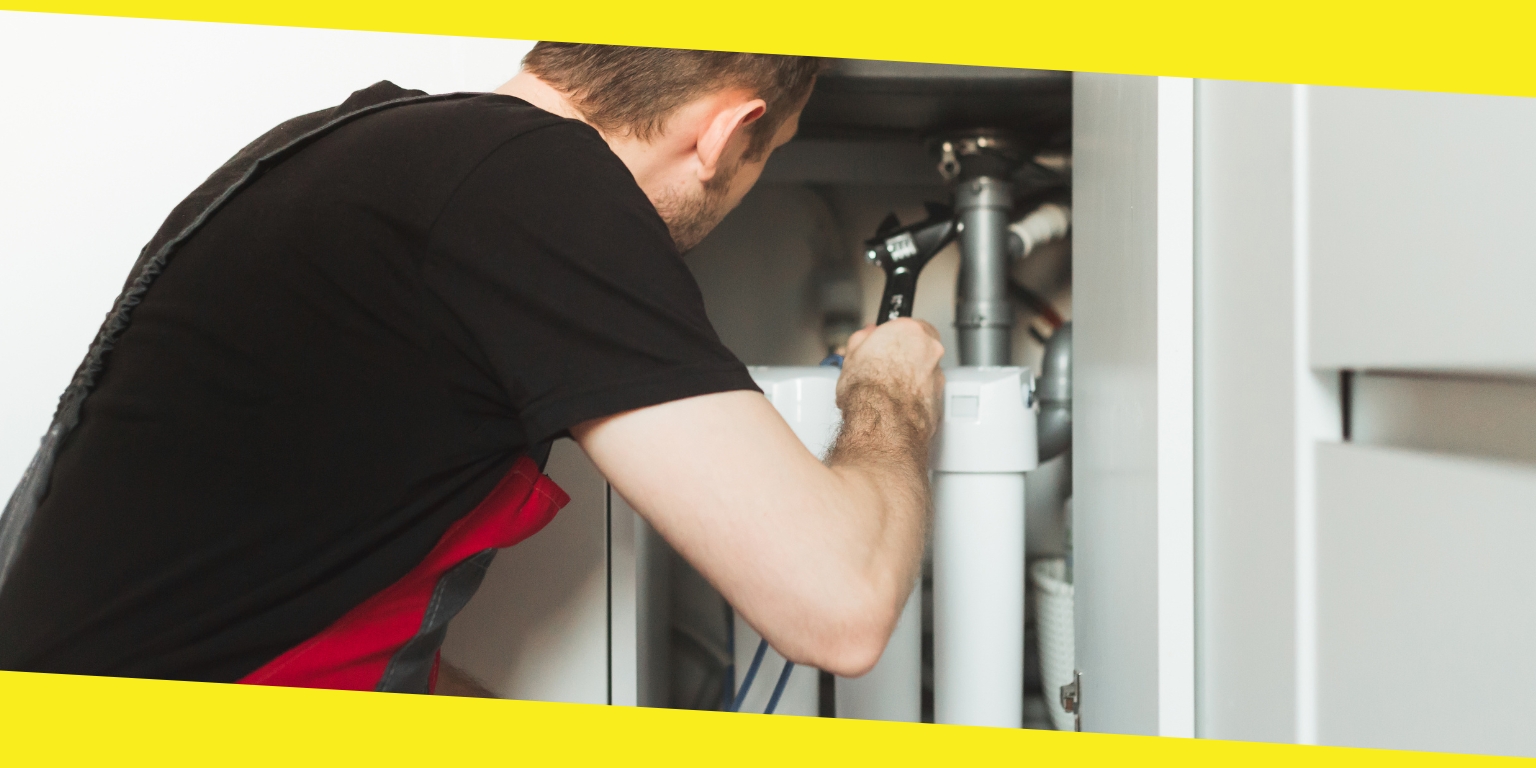Water Treatment Systems in Kansas City, KS: A Complete Guide
This post was last updated on October 24th, 2024

Welcome to the complete guide for understanding water treatment systems in Kansas City, KS. In this guide, we will go over the different types of water treatment systems available in Kansas City and discuss how you can choose the best one for your needs. We will also explain the basics of how these systems work and provide important information about their maintenance. Finally, we’ll cover some frequently asked questions that may come up when researching water treatment systems. By the end of this guide, you should have a better understanding of water treatment systems and be able to make an informed decision on which is right for you. Let’s get started!
Types of Water Treatment Systems:
There are several types of water treatment systems in Kansas City. These include water softeners, reverse osmosis systems, chemical-based systems, and ultraviolet (UV) light systems. Each of these systems uses different methods to reduce contaminants in the water.
Water Softeners: Water softener systems are designed to remove hardness minerals such as calcium and magnesium from your water supply. This type of system works by exchanging positive ions for negative ions, resulting in softer water that doesn’t have an unpleasant taste or smell.
Reverse Osmosis Systems: Reverse osmosis is a process where water is forced through a membrane with tiny pores, allowing only the purest form of H20 to pass through while trapping contaminants on the other side. Commercial reverse osmosis are highly effective at removing contaminants and impurities from water, making it safe for consumption.
Chemical-Based Systems: Chemical-based systems require chemical agents to be added to the water supply in order to reduce contaminants. Common chemicals used in this type of system include chlorine and fluoride. While these chemical additives can be effective at reducing contaminants, they may also have an undesirable taste or smell, so be sure to read labels carefully before purchasing.
Ultraviolet (UV) Light Systems: UV light systems use powerful ultraviolet light rays to kill bacteria and other organisms that may be present in the water supply. This type of system is often used as a failsafe measure alongside other types of treatment systems, providing an extra layer of protection in case of a breakdown or malfunction.
Choosing the Right Water Treatment System: When choosing a water treatment system, it’s important to consider your specific needs and budget. The type of system you choose will depend on the level of contamination present in your water supply, as well as your own personal preferences. Additionally, many systems require professional installation and maintenance which could affect the overall cost. It’s always best to consult with an expert before making a final decision.
Maintenance: Proper maintenance is key to keeping any water treatment system running efficiently. Depending on the type of system you have, maintenance may involve replacing filters regularly, testing for contaminants on a regular basis, and adding chemicals such as chlorine periodically. It’s important to follow the manufacturer’s instructions for any maintenance required, as failure to do so could result in poor performance or even damage to the system.
Frequently Asked Questions:
Q: How often should I replace the filters in my water treatment system?
A: It depends on your specific system and how much use it gets. Generally speaking, most filters should be replaced every six months or so. However, if you are using a reverse osmosis system, you may need to replace the filters more frequently.
Q: What type of maintenance is required for ultraviolet (UV) light systems?
A: UV light systems typically require periodic bulb replacement and cleaning of the filter or ultraviolet chamber. You should check the manufacturer’s instructions for specific maintenance procedures.
Q: What is water softener installation?
Water softener installation in Kansas City, KS involves connecting the softener to your home’s water supply and ensuring it is properly set up. This service is typically done by a professional, as it requires specialized knowledge and experience.
Q: Are water treatment systems worth the cost?
A: Water treatment systems can be expensive, but they are worth it if you want to ensure that the water you drink is clean and safe. Additionally, most systems come with a warranty that will cover any repair costs in case of malfunction.
By following this guide, you should now have a good idea of the different types of water treatment systems available in Kansas City and how to make an informed decision on which is right for you. With proper installation and regular maintenance, your water treatment system will provide years of reliable service! Contact Quick Relief Plumbing at (913) 207-0779 for more information.
Recommended For You
6 Food Secrets of Japanese Women To Stay Slim Forever
Most Inside
Most Inside offers high-quality recommendations and valuable updates to enhance all aspects of your life, providing premium guidance and enriching experiences.




